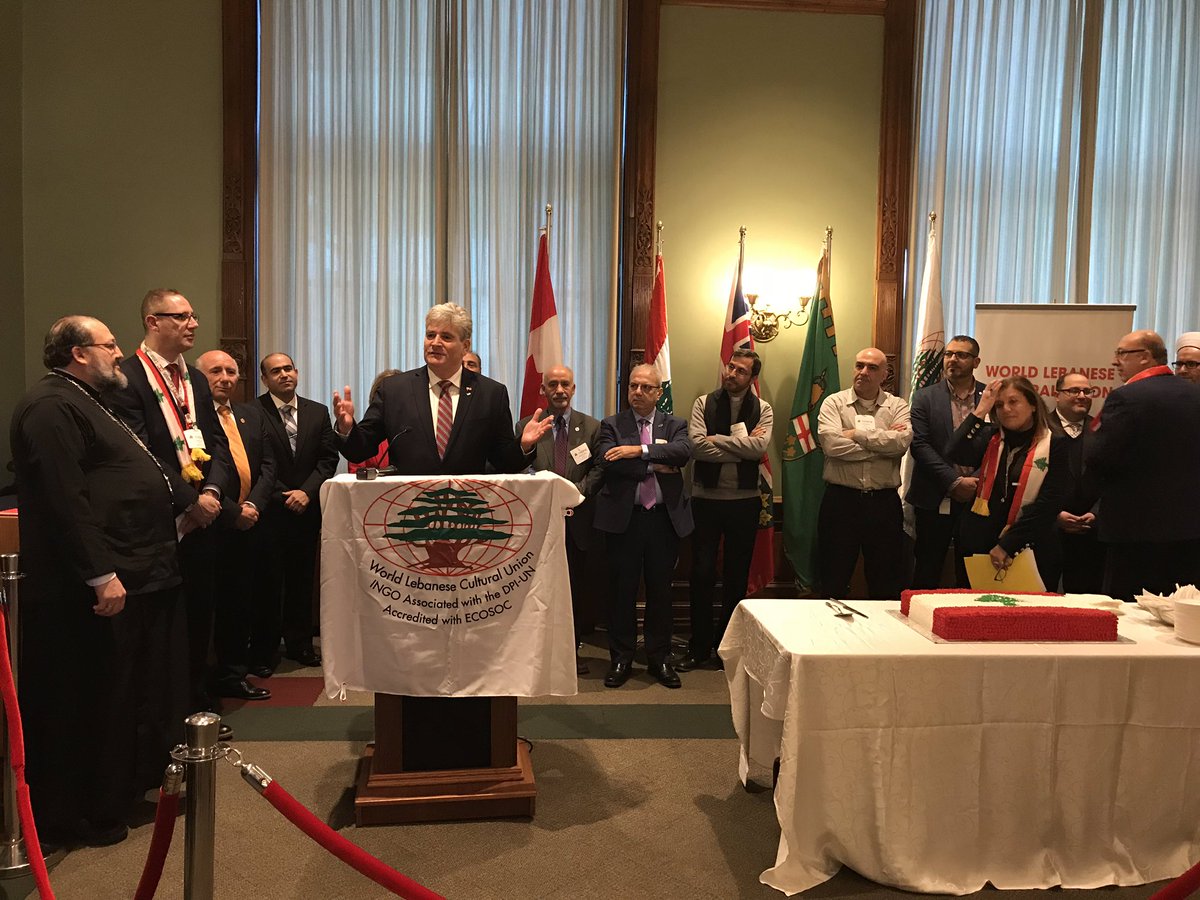
TORONTO — Work to rebuild Ontario’s Liberals gets underway in earnest this year after their decimation at the ballot box last spring, but the party may wait until after the fall federal election to chose a permanent new leader.
Interim leader John Fraser said the party will move forward on two key fronts in the coming months — setting rules for a leadership race to choose a successor to former premier Kathleen Wynne, and tackling millions in debt accumulated during the 2018 campaign that saw the Liberals turfed from a 15-year stretch in government.
But a new leader may not be in place for as long as 18 months, Fraser said, with the party considering the impact of the federal vote that is likely to draw on resources from the provincial level.
Work to renew the Liberals — who lost official party status in the legislature after winning just seven seats — will nonetheless be underway throughout 2019, Fraser said.
“The voters sent us a message,” he said. “We heard that message and that we’re going to work hard to re-earn their trust.”
The Liberals held a convention in September to review the election results and party leadership travelled the province in the fall to meet with members and riding associations — work that will continue this year, Fraser said. An annual general meeting will be held in June, where details for a leadership race will likely be finalized, he said.
“There are a number of people inside and outside of caucus who are thinking about (running for leader)” Fraser said. “That’s a good thing.”
The federal vote — set for Oct. 21 — could complicate the timing of the provincial leadership campaign as key volunteers needed for fundraising, voter outreach and other efforts will likely shift their efforts to the national stage as Prime Minister Justin Trudeau and his federal Liberals seek re-election.
Ontario Liberal Party President Brian Johns said a decision about whether to hold the leadership race before or after the federal election hasn’t yet been made.
Former Liberal cabinet minister Steven Del Duca, who was not re-elected, is considering a run for the leadership and said having the contest overlap with the federal vote wouldn’t be ideal.
“It makes the most sense for us to not be in a world where we are directly competing for attention and resources,” he said. “It makes the most sense for a leadership convention to occur no earlier than 2020.”
Christo Aivalis, a postdoctoral fellow in history at the University of Toronto, said he expects the leadership race to focus on the party’s identity. Wynne moved the Liberals to the left of the political spectrum, he said, away from more traditional centrist territory.
“This is going to be a difficult time,” he said. “They have to look at their vision in terms of policy and in terms of leader selection … the party is so small right now, there is a chance a charismatic candidate could emerge from either wing of the party and assert their vision.”
Aivalis expects a wide-open field of candidates, adding there is no heir-apparent for the job.
Addressing the party’s debt will be another challenge. According to filings with Elections Ontario, the Liberals took on $10 million of debt for the spring election, with $9.3 million of that amount yet to be paid off.
Pauline Beange, a political science and public policy professor at the University of Toronto, said the Liberals face the daunting prospect of trying to fundraise to pay off a large debt without a permanent leader. Typically, having an identifiable face at the helm helps bring in money, she said.
“Paying off debts from the past election is like paying vet bills for your dead pet,” Beange said. “It’s all about regret and there’s not much motivation there.”
While the situation looks grim for the Liberals right now, Beange said the party could bounce back in time to be competitive for the next provincial vote in 2022, pointing to the federal Liberals jumping from third place to power as an example of a rebuilding success story.
The road to a renewed party, however, will be tough, she said.
“It’s hard enough getting volunteers for a successful, active party,” she said. “Never mind keeping volunteers even vaguely interested for an election that’s three and a half years away with no leader in sight.”